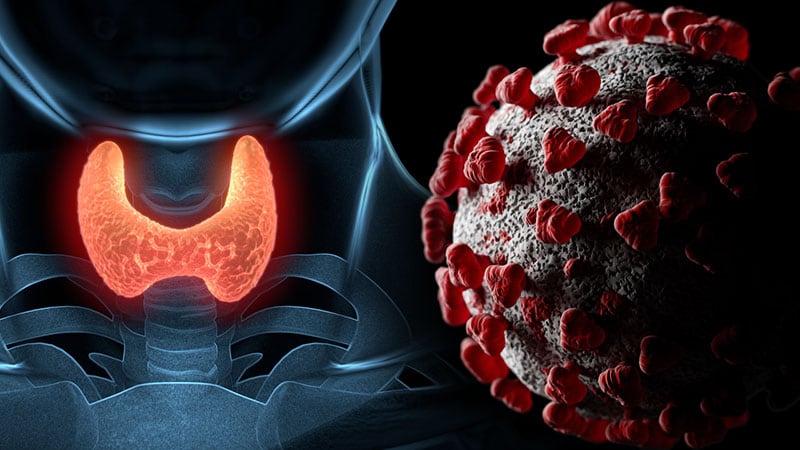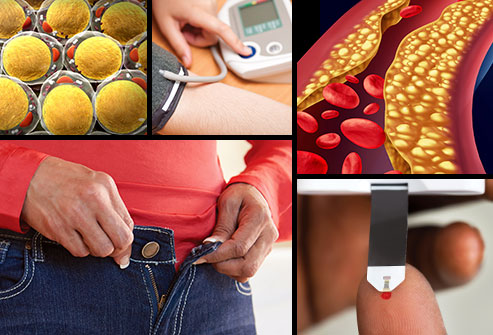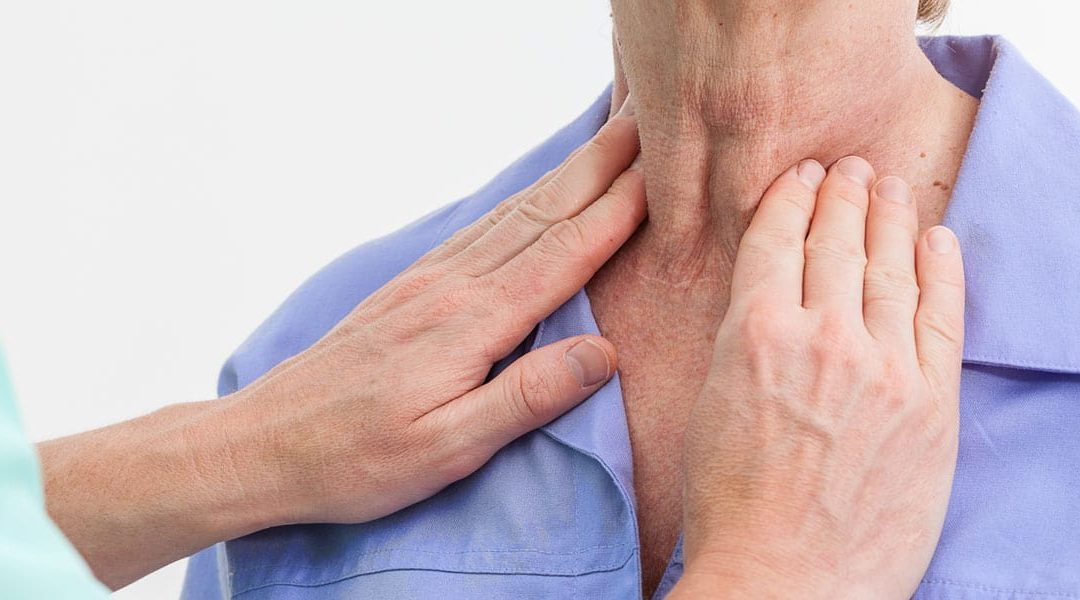


Hypothyroidism Doesn’t Worsen COVID-19
Key Takeaways Hypothyroidism was not associated with a worse prognosis among patients with COVID-19. Among patients with COVID-19, those with underlying hypothyroidism were significantly less likely to require mechanical ventilation, and hospital mortality tended to...Austin Thyroid Now Offers VO2 Max Testing
Austin Thyroid now offers VO2 Max testing, in addition to DEXA Body Composition testing performed by our exercise physiologist. Proper training at your VO2 Max improves your body’s power grid. It strengthens your heart, improves blood flow and metabolism, and makes...
Are You At Risk for Heart Disease?
Endocrine disorders lead to an increased risk for heart attack and stroke

What is Metabolic Syndrome?
It’s not a single disease, but a group of related health problems: too much belly fat, high triglycerides, cholesterol trouble, high blood pressure, and high blood sugar. When you have at least three of these issues, your chances for heart disease, diabetes, and stroke are higher than they’d be with any of those health problems on their own.

Why Does Testosterone Decline?
What Is Testosterone and Why Does It Decline? Testosterone is a hormone. It’s what puts hair on a man’s chest. It’s the force behind his sex drive. During puberty, testosterone helps build a man’s muscles, deepens his voice, and boosts the size...
Newly Identified Ultrasound Characteristic May Predict Thyroid Nodule Malignancy Risk
For indeterminate Thyroid Nodules following fine needle aspiration, evidence of thick post-microcystic reflection on ultrasound was found to be associated with malignant nodules, according to study results presented at the American Association of Clinical...
Do You Really Have Low T?
Most “T clinics” only test Total Testosterone and neglect to test for Free Testosterone.

How Women can Identify a Hormone Imbalance
Control your hormones. Control your life
Austin Thyroid now offers Biological Age Testing by PhysioAge
PhysioAge is a next-generation physical exam that tells you how well you’re aging. You may be 50 years old, but your physiological age could be 60. Knowing your physiological age can determine your weakest body systems so you can take control of your aging process…

Recent Comments